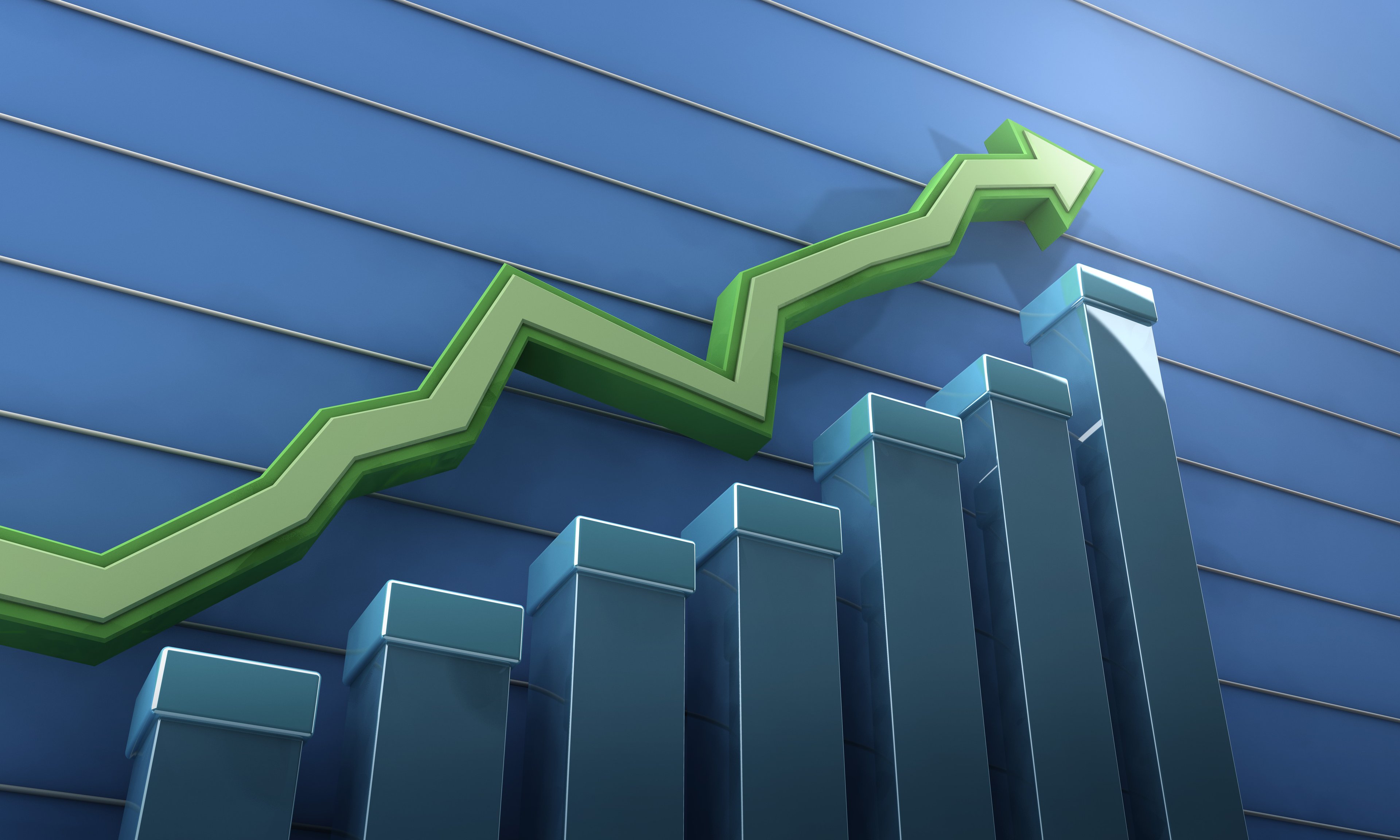In this Rule Breakers podcast, Motley Fool co-founder David Gardner recruited Fool analyst Aaron Bush to help him with Cryptocurrencies 101. Turns out that a fair number of his listeners wanted more. So this week -- with bitcoin trading at more than twice the level it was for the previous episode -- he brought Aaron back for a more advanced encore.
In this segment, they talk logistics: How can a buyer be sure that he's actually received a bitcoin token in exchange for his money? What's really in a bitcoin wallet? And how small a fraction of a bitcoin can you spend?
A full transcript follows the video.
This video was recorded on Dec. 6, 2017.
David Gardner: Then we got a nice note from Scott Colson, and we're going to go a little faster with this one. Bitcoin questions. Logistical questions. And here's the first one. He wrote, "As mentioned, I cannot call my broker and ask him to buy a $5,500 bitcoin for me. A more detailed rundown on Coinbase or other methods for capturing tokens and managing risk." Aaron, how does a moderately techie guy know that he's actually received a bitcoin token in exchange for his $5,500?
Aaron Bush: The simple answer is that it will show up in your wallet or your account on an exchange, and what's showing up is backed by the bitcoin blockchain, so you can trust that it is actually in your account.
Gardner: And what is a wallet?
Bush: First, to clear one popular misconception, crypto assets are not stored in wallets. They live natively on the internet. Instead, what is stored in wallets are your private keys, and your private key is what gives you access to the funds that are associated with that particular address. That is what is stored in a wallet.
And there are two main types. There are software wallets, which are often called "hot wallets," and these are applications that either live in-browser or downloaded onto your computer, and you can hold your funds management there. And then there are "cold storage" or hardware wallets, which you generally plug in via USB and you can transfer your information from your computer to this device. It's not connected to the internet; therefore, it is less susceptible to any form of hacking. Some people also just write their private key on paper, and that's known as a "paper wallet." That's the gist of what wallets are.
Gardner: We talked earlier about how bitcoin functions more as a store of value right now. I wouldn't want to spend it if I think it's going to go up over the course of time. But I know there's a big point to currency, which is to spend it. Transact and use it. And it's harder to spend it if it's in $5,500, or now $11,900 increments. Can I get fractional bitcoin? Can I spend fractional bitcoin?
Bush: Yes. Bitcoin is divisible up to eight decimal points. So you can get much smaller than 0.5 bitcoin.
Gardner: Wow! So, I start an account on Coinbase. Is that what I'm doing? Do you have an account on Coinbase?
Bush: I do, yes.
Gardner: So we start an account on Coinbase. There are other places, too, but this is just a common bazaar where we can transact. I go in and say, "Basically, I don't have $11,900, but I have $1,000. I can go in and buy $1,000 worth of bitcoin on Coinbase."
Bush: Sure. You could buy 0.08 bitcoin.
Gardner: That's nice. That's the way things should work. How can I exchange bitcoin tokens for value and/or hold them as an investment?
Bush: Somewhere like Coinbase will handle that for you. You can buy or sell based on their platform. However, for something that's not bitcoin, or maybe you want to trade bitcoin elsewhere, you would exchange on exchanges and then if you just want to hold, you keep your information in your wallet and don't touch it.
Gardner: What does a typical transaction cost that I would have? What is Coinbase charging me as a percentage? If you and I transact, is it like the ATM machine where I'm getting my $200? Or $400 would be a better percentage, these days, if somebody is going to put a $4 ATM fee on you. Is it like that -- 1%, 2%?
Bush: I forget the exact number, but it is a small percentage, yes.
Gardner: And probably going lower the more it's used.
Bush: Yes.
Gardner: Scott closes out by saying his current computer may not last the five years of our investment horizon we've been talking about. How would Scott, or anybody like him, transfer tokens? How do you know that you're, again, actually carrying your value forward even when you do something as mundane but important as buying a new computer?
Bush: This would only be an issue if you're using a non-browser software wallet that actually lives on your specific computer. Honestly, in most cases you can simply just download it again and log in using your credentials, and that won't be much of an issue. Your particular computer should not be the breaking point, unless you keep your private key in a Word document that you couldn't access.





